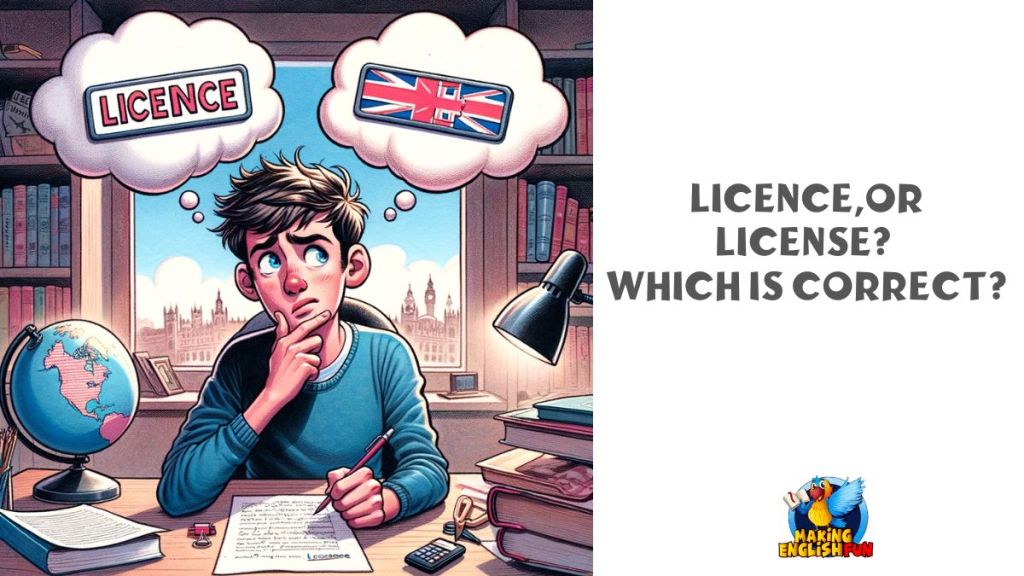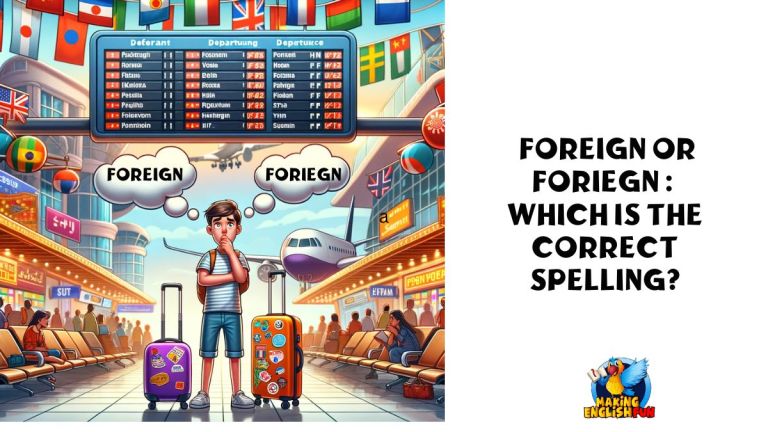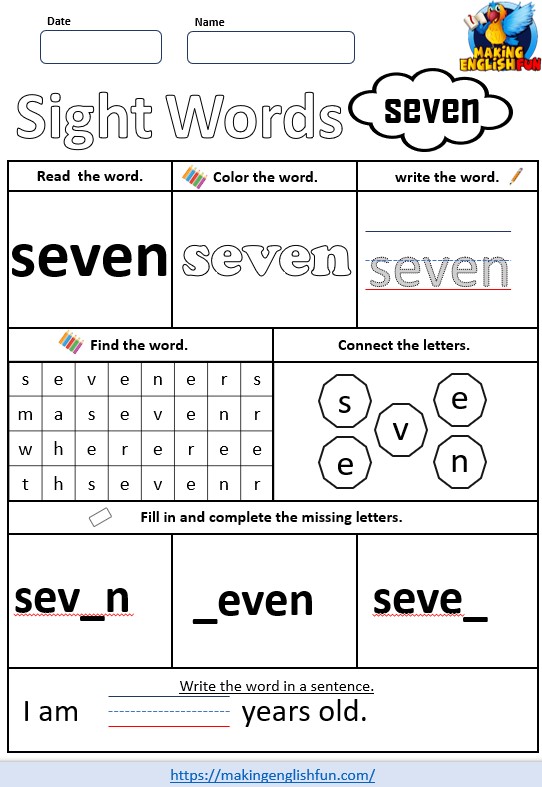Licence vs. License: Which Spelling is Correct?
Navigating the differences between “Licence” and “License” can be challenging due to their close spelling and pronunciation, compounded by the variations between American and British English.
This article goes thhrough both of these terms, ensuring that you use them correctly depending on the form of English you are using and who your audience is!

Correct Spelling and Regional Variations
The choice between “Licence” and “License” hinges on whether you are using British or American English and the context of the word (noun or verb).
- British English:
- As a noun: “Licence” – e.g., “She applied for her broadcasting licence.”
- As a verb: “License” – e.g., “The new regulation licenses broadcasters to show more local content.”
- American English:
- Both as a noun and a verb: “License” – e.g., “The state will license the new drivers next week,” and “He just got his new driver’s license.”
This distinction is crucial for writing in either form of English, as it reflects the grammatical correctness and regional language conventions.
Common Spelling Errors: Licence vs. License
The most frequent error involves misapplying these spellings across different forms of English or using them incorrectly as a noun or verb.
- In British English, confusing “Licence” (noun) with “License” (verb) and vice versa is a typical mistake.
- Similarly, in American English, using “Licence” (British spelling) instead of “License” for both noun and verb forms can lead to inaccuracies in written communication.
Understanding and remembering these differences are essential, especially in formal, academic, or professional writing, where adherence to language standards is often critically evaluated.
Etymology and Historical Development
Both “Licence” and “License” originate from the Latin word “licentia,” meaning “freedom, liberty, license.”
Over time, as English evolved and absorbed elements from different languages, variations in spelling emerged.
The distinction between the noun and verb forms, particularly in British English, reflects a broader pattern in the language where certain words take on different spellings based on their grammatical role.
Usage in Different Contexts
Understanding when and how to use these words correctly is crucial:
- In British English:
- “Licence” as a noun refers to an official permit to own or do something, like “The restaurant obtained its liquor licence last year.”
- “License” as a verb means granting permission, as in “The new policy licenses citizens to engage in free trade.”
- In American English:
- “License” serves both as a noun and a verb, such as in “The pilot’s license was renewed” (noun) and “The city licenses food vendors” (verb).
In professional or legal documents, the distinction is particularly important as it can affect the document’s accuracy and credibility.
Comparison with Other Spelling Variations in English
The difference in spelling for “Licence/License” is akin to other words that vary between American and British English.
For example, “Defence” (British) vs. “Defense” (American) and “Practise” (British verb) vs. “Practice” (American for both noun and verb).
| British English | American English |
|---|---|
| Licence (noun) | License (noun/verb) |
| Defence | Defense |
| Practise (verb) | Practice (noun/verb) |
Conclusion
The correct spelling of “Licence” or “License” depends on both the form of English being used and the word’s function in a sentence.
- In British English, “Licence” is the correct spelling for the noun, and “License” is used for the verb.
- In contrast, American English uses “License” for both noun and verb forms.
Understanding these differences is crucial for accurate and appropriate language use, especially in formal writing, legal documents, and professional communication.
FAQs / Reader Questions
Q1: Are there any easy tips for remembering the difference between “Licence” and “License”?
For British English, remember ‘C’ for the noun (“LicenCe”) and ‘S’ for the verb (“LicenSe”). For American English, it’s simpler – “License” for both.
Q2: Does using the wrong form (noun/verb) affect the understanding of a sentence?
While the context usually clarifies the meaning, using the correct form (noun/verb) ensures grammatical accuracy and clarity, particularly in formal writing.
Q3: How important is it to use the correct regional spelling in academic writing?
In academic writing, using the correct regional spelling is very important as it demonstrates attention to linguistic details and adherence to academic standards.
Q4: Are there any other pairs of words like “Licence/License” that change with American and British English?
Yes, there are several examples, including “Defence/Defense,” “Practise/Practice,” and “Labour/Labor.” Each pair follows its own regional spelling convention.
Q5: Can learning about these differences improve my English skills?
Absolutely. Understanding regional spelling differences enhances your adaptability and proficiency in English, making you more versatile in different communication contexts.







